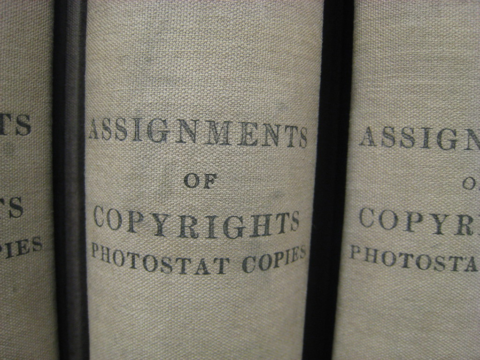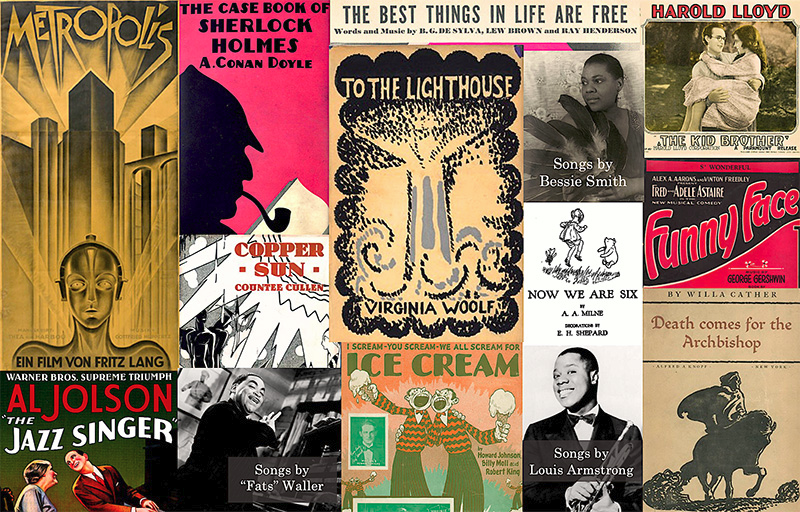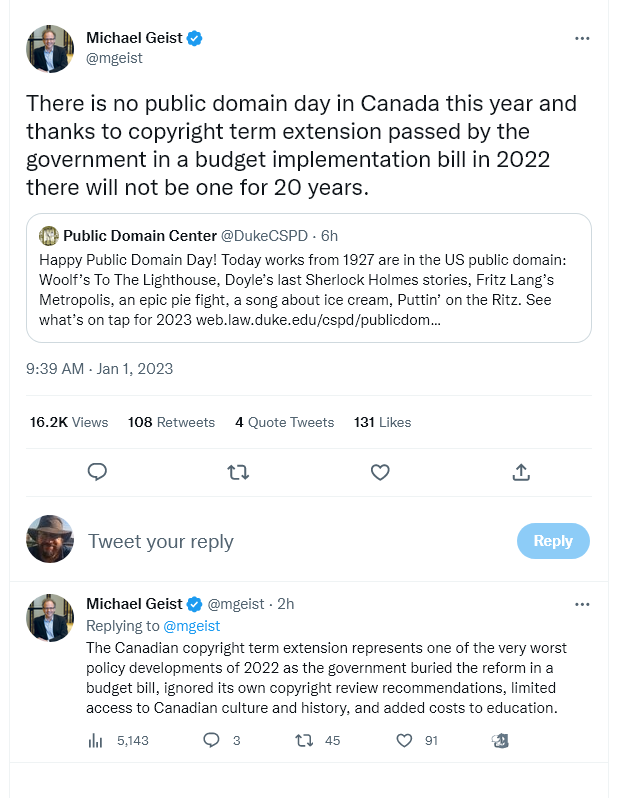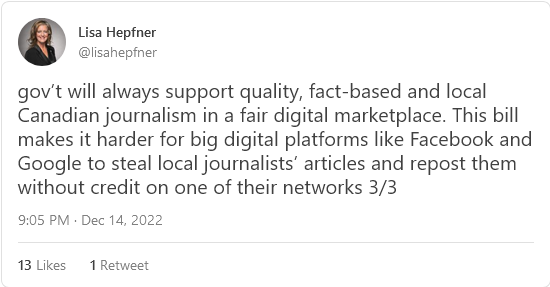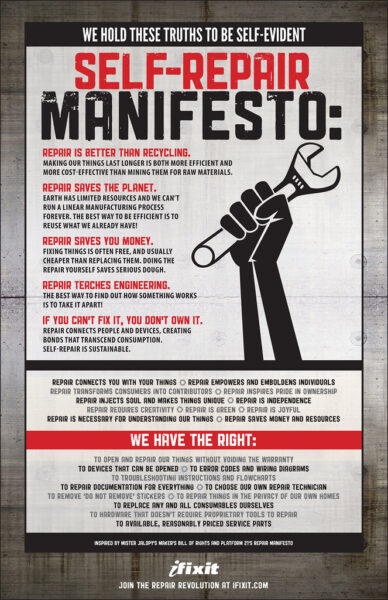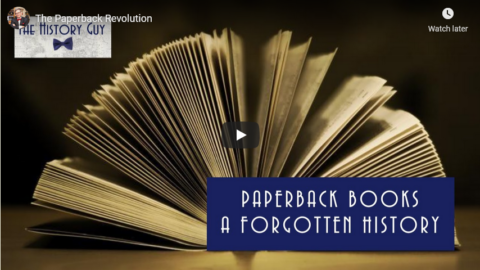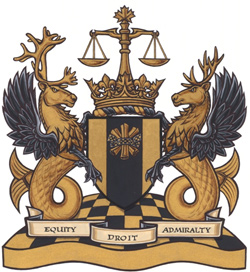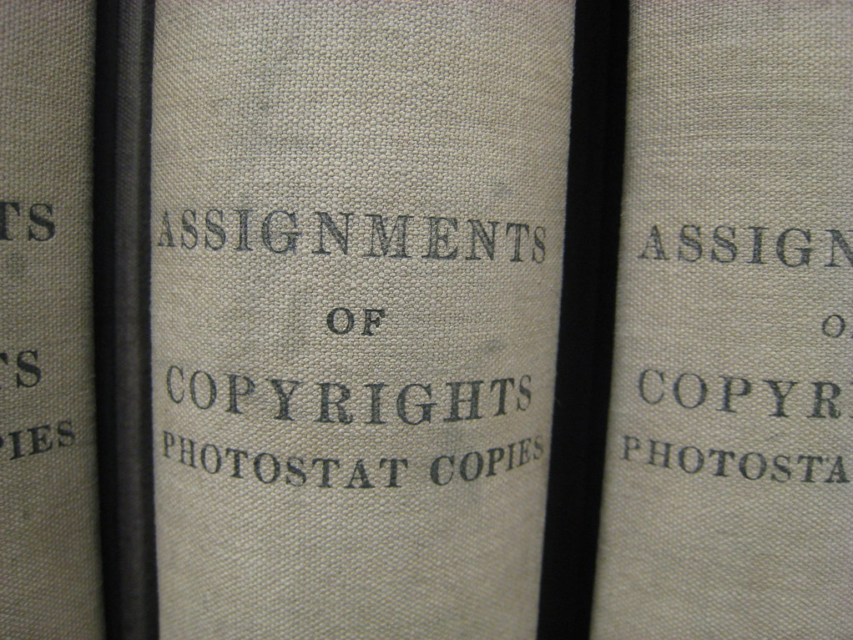Ted Gioia explains why music journalism is collapsing and who committed the murder:
Just a few weeks ago, Bandcamp laid off 58 (out of 120) employees — including about “half of its core editorial staff“.
And Bandcamp was considered a more profitable, stable employer than most media outlets. The parent company before the recent sale (to Songtradr) and subsequent layoffs, Epic Games, will generate almost a billion dollars in income this year — but they clearly don’t want to waste that cash on music journalism.
Why is everybody hating on music writers?
Many people assume it’s just the same story as elsewhere in legacy media. And I’ve written about that myself — predicting that 2024 will see more implosions of this sort.
Sure, that’s part of the story.
But there’s a larger problem with the music economy that nobody wants to talk about. The layoffs aren’t just happening among lowly record reviewers — but everywhere in the music business.
- Universal Music announced layoffs two days ago.
- YouTube announced layoffs yesterday.
- Soundcloud announced last week that the company is up for sale — after two rounds of layoffs during the last 18 months.
- Spotify announced layoffs five weeks ago.
- That same week, Tidal announced layoffs.
- A few weeks earlier, Amazon Music laid off employees on three continents.
Meanwhile, almost every music streaming platform is trying to force through price increases (as predicted here). This is an admission that they don’t expect much growth from new users — so they need to squeeze old ones as hard as possible.
As you can see, the problem is more than just music writers — something is rotten at a deeper level.
What’s the real cause of the crisis? Let’s examine it, step by step:
- The dominant music companies decided that they could live comfortably off old music and passive listeners. Launching new artists was too hard — much better to keep playing the old songs over and over.
- So major labels (and investment groups) started investing huge sums into acquiring old song publishing catalogs.
- Meanwhile streaming platforms encouraged passive listening — so people don’t even know the names of songs or artists.
- The ideal situation was switching listeners to AI-generated tracks, which could be owned by the streaming platform — so no royalties are ever paid to musicians.
- These strategies have worked. Streaming fans don’t pay much attention to new music anymore.
I’ve warned about each of these — but we are now seeing the long-term results.
This is why Pitchfork is in deep trouble. If people don’t listen to new music, they don’t need music reviews.
And they don’t need interviews with rising stars. Or best of year lists. Or any of the other things music writers do for their readers.
But this problem will get much, much worse. Even the people who made these decisions will suffer — because living in the past is never a smart business strategy.
If these execs were albums, they’d deserve a zero score on the Pitchfork scale.



